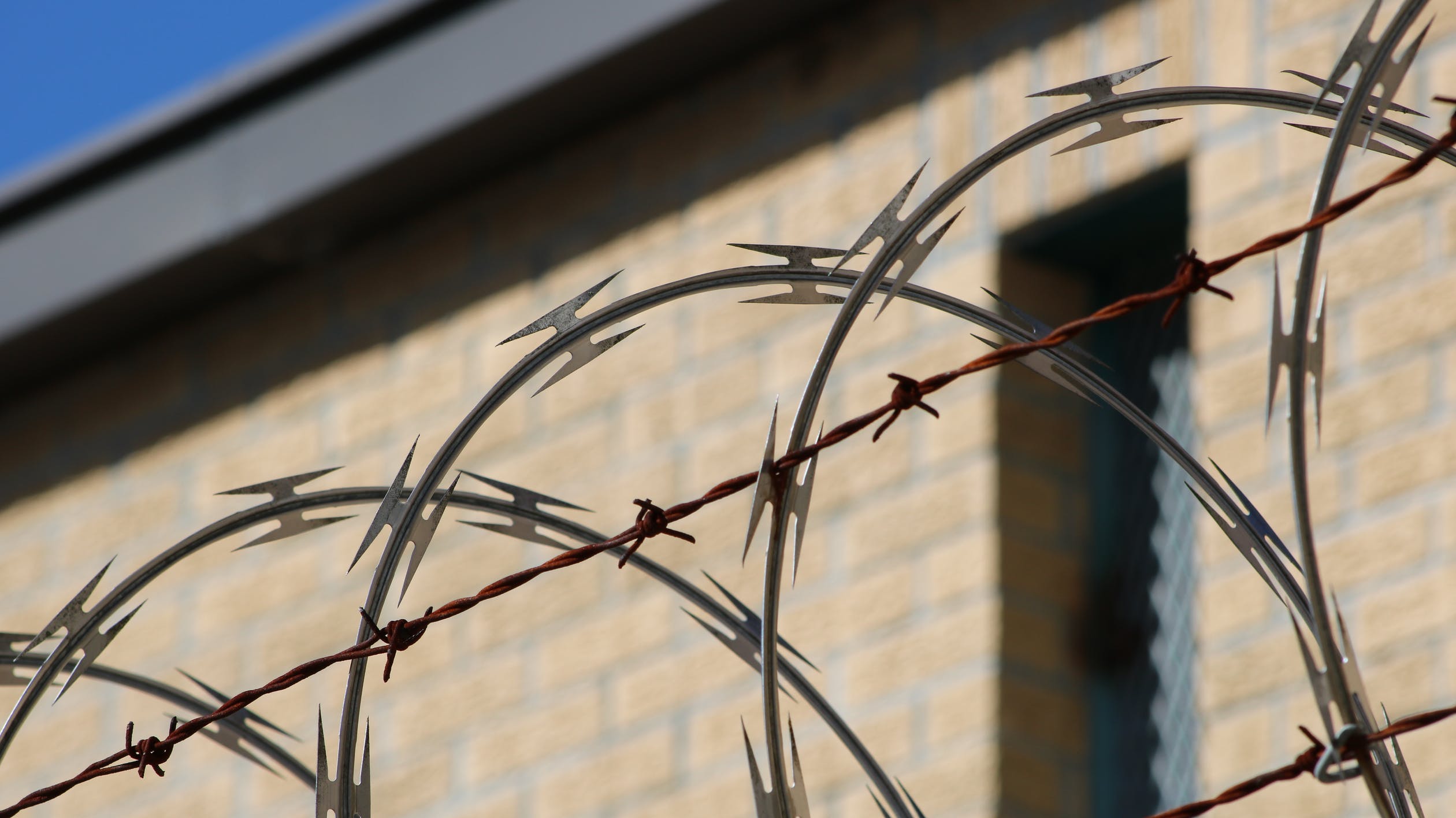
One of the most difficult things we, as a society, must deal with is how to reintegrate individuals who have served prison time back into the community. Reestablishing bridges to society so that they may have the ability to maintain reforms and have a fighting chance to start their lives over, is overwhelmingly important.
Two of the biggest means to accomplish this are by ensuring they can support themselves and not become a financial encumbrance, while avoiding the trap of returning to criminal activity as a way of life due to a lack of opportunities. The worst thing for everyone is to have someone released from prison who has no forward pathways to a better life, especially if criminal histories involve violent acts.
The role of government in this process should be one of partnership, not sole proprietor keeping individuals as wards of the state. Government should look to working closely with faith-based organizations and other non-profit entities to form a most promising alliance and provide a network of guidance for those leaving incarceration. Absent an intact family support system, the main needs are job-training, clothing, housing, and transportation until a person can become self-sufficient.
While prison is both a deterrent and a means of keeping dangerous individuals away from the law-abiding public, it should not be the final stop for those who have paid their full debt to society and sincerely want the opportunity to turn their lives around. Offering them a chance to be contributors to society and even aiding in preventing others from following similar criminalistic mistakes can help prevent future crimes and people from damaging their lives and the lives of others.
Society reaps another benefit by having former convicts become productive members of society. Taxpayers will no longer have to spend tens of thousands of dollars each year on individuals while they are imprisoned, which also includes complete medical care. Instead, they themselves would have the ability to become taxpayers where their efforts now result in contributions to the community at large.
Several programs have been successful in reintegrating former prisoners back into society, such as the REENTRY Corporation run by former Governor Jim McGreevey. It is my belief that the best entities to spearhead these efforts are our houses of worship and other non-profit organizations, with government playing a secondary support role. Since private entities are unencumbered by many of the restrictions and bureaucracy that hamstring government, they can often be the quickest and most efficient arbiters of these services, providing a new path for individuals to take in turning their lives around.
Government can assist with legislation to help facilitate the partnership between non-profits and those looking to re-enter the workforce, incentivizing the business community to hire formerly incarcerated individuals and protection for companies willing to step up and participate in the re-entry process.
Our justice system must be strict and fair to protect us from those who threaten life and property and mete out just punishment when laws are broken, and people are victimized by criminal behavior. Part of that system must be to create an avenue for redemption if the criminal spirit is willing to rejoin society as a law-abiding, tax-paying productive member of the community.
_
Gerry Scharfenberger, PhD. is a New Jersey Assemblyman representing the State’s 13th Legislative District.


